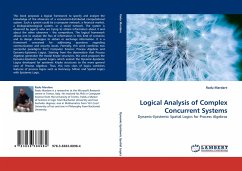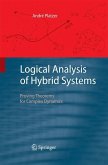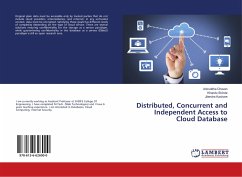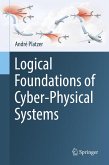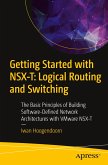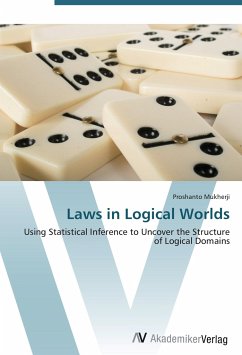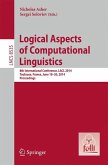This book proposes a logical framework to specify and analyze the knowledge of the observers of a concurrent-distributed computational system. Such a system could be a computer network, a financial market, a biological/ecological system, or a social network. The system is observed by agents who are trying to obtain information about it and about the other observers the competitors. The logical framework allows one to analyze the flux of information in this kind of scenarios and to design strategies to obtain or exchange information. It is a framework conceived for addressing questions regarding communication and security issues. Formally, this work combines two successful paradigms from Computer Science: Process Algebras and Dynamic-Epistemic Logics. Starting from the observation that Process Algebras generalize the modal Kripke structures, this work proposes the Dynamic-Epistemic Spatial Logics which extend the Dynamic-Epistemic Logics developed for epistemic Kripke structures to the more general case of Process Algebras. Thus, this new class of logics combines features of process logics such as Hennessy- Milner and Spatial Logics with Epistemic Logic.

